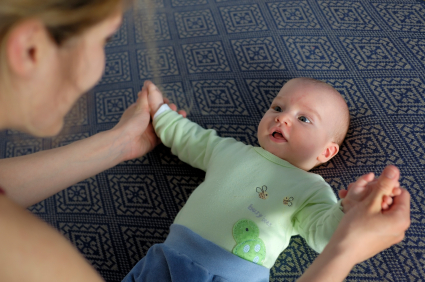Making friends involves an array of complex skills, from taking turns, to initiating interactions, considering others’ perspectives, negotiating, problem-solving, repairing communication breakdowns, and being flexible. For many children, these skills can be incredibly challenging, often resulting in difficulty with making friends.
What are the benefits of social groups?
Social groups are designed to help children develop and practice social skills in a supportive therapeutic setting. Many children lack the necessary skills to navigate peer relationships. Social group therapy directly teaches and practices any specific social skills a child may be struggling with. For example, research has documented that children with language-impairments often have difficulty verbally initiating peer interactions. Research has also well-documented that social group therapy can increase verbal initiation for children with language impairments. Social groups have also been found to improve skills such as:
- Greetings
- Nonverbal communication (e.g. understanding facial expressions)
- Turn-taking
- Cooperative play
- Dealing with confrontation and rejection
- Flexibility and sharing
- Initiating and joining in play
- Building confidence with peers
- Listening to others
- Problem-solving and negotiation
- Verbally communicating with peers
Should my child attend a social group?
Your child should attend a social group if you have any concerns with their ability to interact with peers. Additionally, social groups can also be a proactive way to prepare your child for social settings ahead of time. For example, a “kindergarten-readiness group” is an excellent way to encourage your child’s social skills prior to the first day of school.
Here are a few indicators that your child may benefit from a social group:
- Your child’s teacher often reports difficulties interacting with peers at school
- Your child seems to avoid interacting with other children
- You notice frequent conflicts during play dates or interactions with other kids
- Your child feels afraid or refuses to attend social gatherings (e.g. play-dates, birthday parties)
- Your child has difficulty being flexible during play activities (e.g. sharing others’ ideas, winning or loosing)
- Your child has difficulty joining in play or initiating interactions with other kids
- Your child uses physical actions instead of words to communicate with others (e.g. grabs a toy instead of asking, pushes others instead of verbalizing how they feel)
- Your child has had less opportunities to interact with age-matched peers
Last but not least, trust your intuition. If you are worried about your child’s ability to navigate friendships, then consider signing your child up for a social group. Contact a licensed therapist with questions or concerns to gain more information about whether or not your child may benefit from social group therapy. Social groups can also be an excellent way to prepare your child for school or camp ahead of time.
What is the next step?
If you think your child may benefit from a social group, contact our Family Child Advocate who can answer your questions and connect you with a licensed therapist. For more information, click the Social Skills button below:












